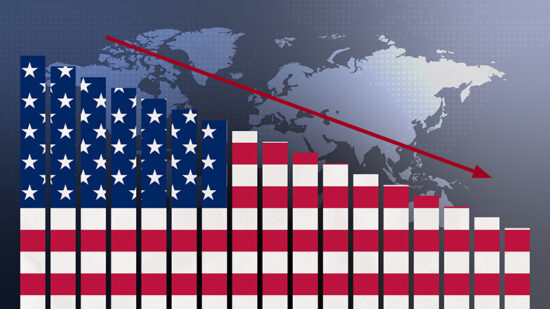The second change is that the criteria for certain schemes to be resident in a country with a fully comprehensive double tax treaty are relaxed. This means that, in future, countries will qualify under this provision if they have a tax information exchange agreement with the UK.
As the OECD common reporting standard has been, or is being, implemented by more than 100 countries, this will increase the number of overseas schemes that could potentially qualify as Rops. At the same time, the restriction on certain New Zealand schemes under this provision is removed.
Finally, there is a proposed amendment to the ‘regulation test’. The regulation test states that if there is a system for regulating occupational or personal pension schemes in the country of residence, then the scheme – depending on whether it is occupational or personal – must be regulated under that system. If no such system exists, then the scheme must be in the EEA or operate the 70/30 rule.
After 6 April 2017, if no system exists for regulating personal pensions, there must be a system for regulating pension scheme providers. These providers must be regulated under that system.
While this requirement will have no impact on Isle of Man-based pension shemes, as a regulatory system already exists there, schemes based in Gibraltar are in danger of failing this test, if no system for regulating personal pension scheme providers is introduced by the April implementation date.
There is no change to the test in respect of occupational schemes.
Member payments
Certain payments from a relevant transfer fund are treated as ‘member payments’, meaning they are chargeable to UK tax if the member is UK resident or has been in at least one of the previous five tax years.
An uncrystallised funds pension lump sum is treated as a member payment. Member payments made from funds transferred on or after 6 April 2017 will be chargeable to UK tax if:
l the member is resident in the UK or has been UK resident in at least one of the previous 10 tax years; and
l the payment is made within five tax years of the date of transfer.
It is worth noting that taking income from a drawdown pension is not a member payment, so is not affected by these changes.
Be prepared
The draft legislation also contains changes to how overseas pension income and lump sums received by UK residents will be taxed after 6 April 2017.
First, the current provision whereby only 90% of the foreign pension income is taxable will be abolished, so that 100% of such income will be taxable.
Second, foreign service relief, whereby lump sums received from foreign employer-sponsored schemes can be received tax free if the member meets certain criteria, is being axed. After 6 April, lump sums from these schemes will be taxable in the same way as a lump sum from a UK scheme.
This change primarily affects former expat members of big corporate schemes, such as those employed in the oil & gas industry.
The overseas pension planning sector is changing substantially and, given the news from the Spring statement, individuals will need to seek advice to assess and rethink their retirement plans.
See below examples of different scenarios for how the overseas pension transfer tax applied to transfers on or after 9 March 2017:
- John lives in France and transfers his UK pension to a personal pension scheme based in Malta. No transfer tax will be due as the EEA exemption applies.
- Mary lives in the Republic of Ireland and transfers her UK pension to a personal pension scheme in Malta. Three years after the transfer, she accepts a job in Dubai and moves there. At the time of the transfer, no transfer tax is due as the EEA exemption applies. When Mary moves to Dubai, the transfer tax will be due.
- Michael, who is resident in Hong Kong, transfers his UK pension to his company pension scheme, which is sponsored by his employer in Hong Kong. Two years later, he is sent by his employer to work in its Singapore branch. No transfer tax is due on either the transfer or when Michael moves abroad as the corporate pension exemption applies.








